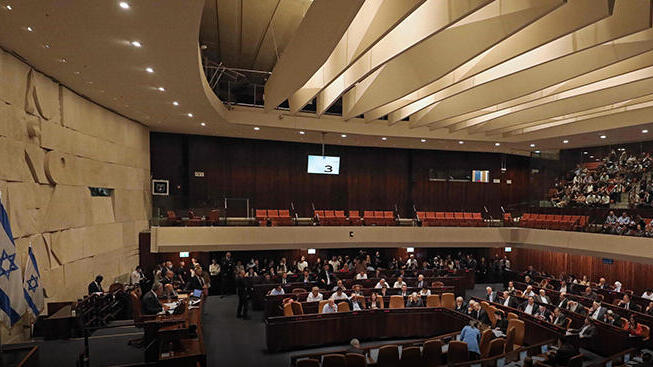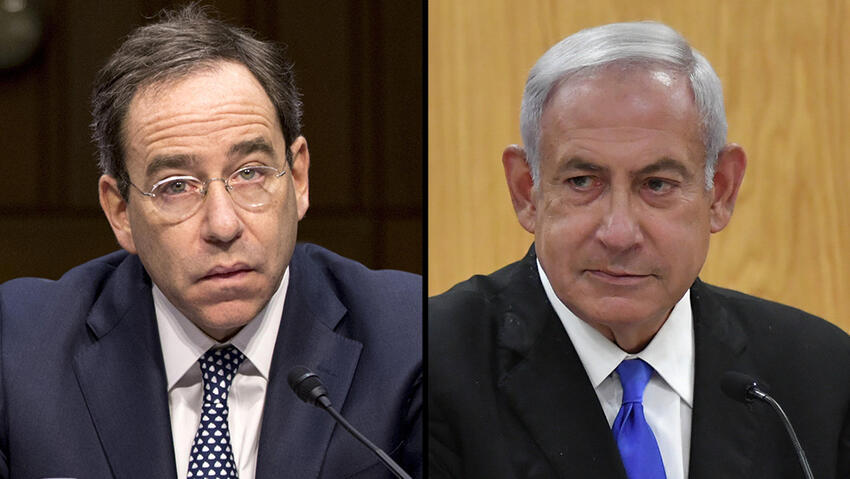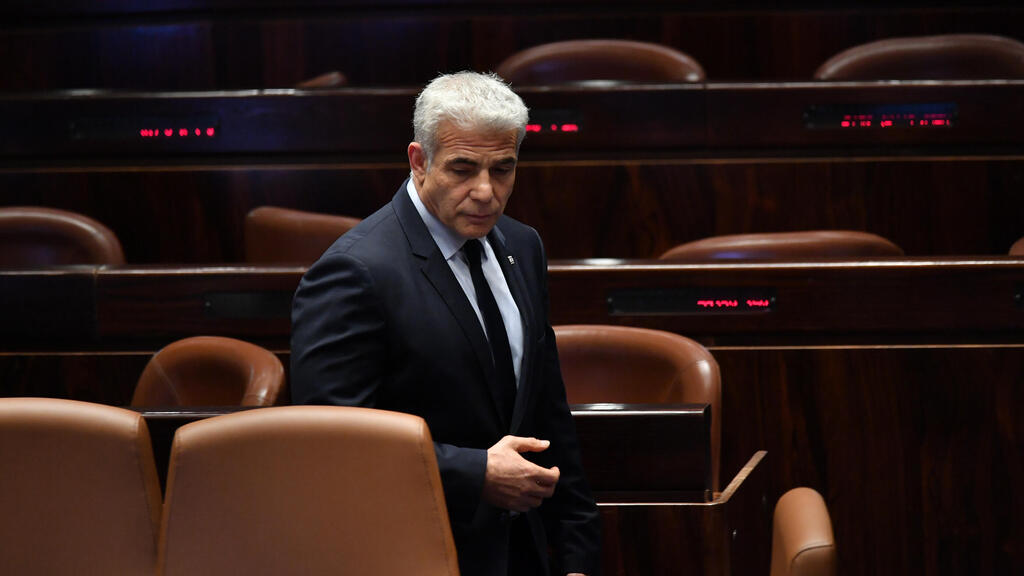Getting your Trinity Audio player ready...
The Knesset plenum on Thursday morning finally voted to dissolve itself after political squabbles prevented legislation from passing earlier in the week. The approval of the bill triggered snap elections, which will take place on November 1, 2022.
An earlier vote on the bill was prevented when Likud conditioned their backing of it on a reversal of the designation of former Yamina member Amichai Chikli as a renegade - which prevents him from being elected to any existing Knesset faction in the next ballot.
Likud also attempted to set an October 25 date for the elections but was blocked on both counts by the coalition, which lost its own bid to legislate a critical infrastructure bill.
Finance Minister Avigdor Liberman and Transportation Minister Merav Michaeli who pushed for the bill, both slammed Likud and its leader Benjamin Netanyahu for putting politics over the public interest.
The coalition also failed to advance legislation that would allow Israel to enter the U.S. Visa Waver Program despite the urging of Ambassador Tom Nides who asked Likud to allow the legislation to pass and prevent further delay to Israel's inclusion in the program.
The Constitution, Law and Justice Committee completed formulation of the bill dissolving the Knesset overnight, to prepare it for a final reading in an expedited process which would prevent a filibuster.
The predominately Arab Joint List said on Wednesday that they had 12,000 objections in the hope to prevent the dissolution of parliament before the controversial West Bank bill, regulating Israeli law over West Bank settlements, expired at midnight on Thursday.
If the parliament dissolution is completed before then, the bill which the Joint List calls Israel's apartheid law, will automatically be extended.
The expedited rules allow factions to raise only seven objections each.
After the vote, expected in mid-morning, Yair Lapid will assume the role of prime minister in a caretaker government, until after the elections and the formation of a new government.




